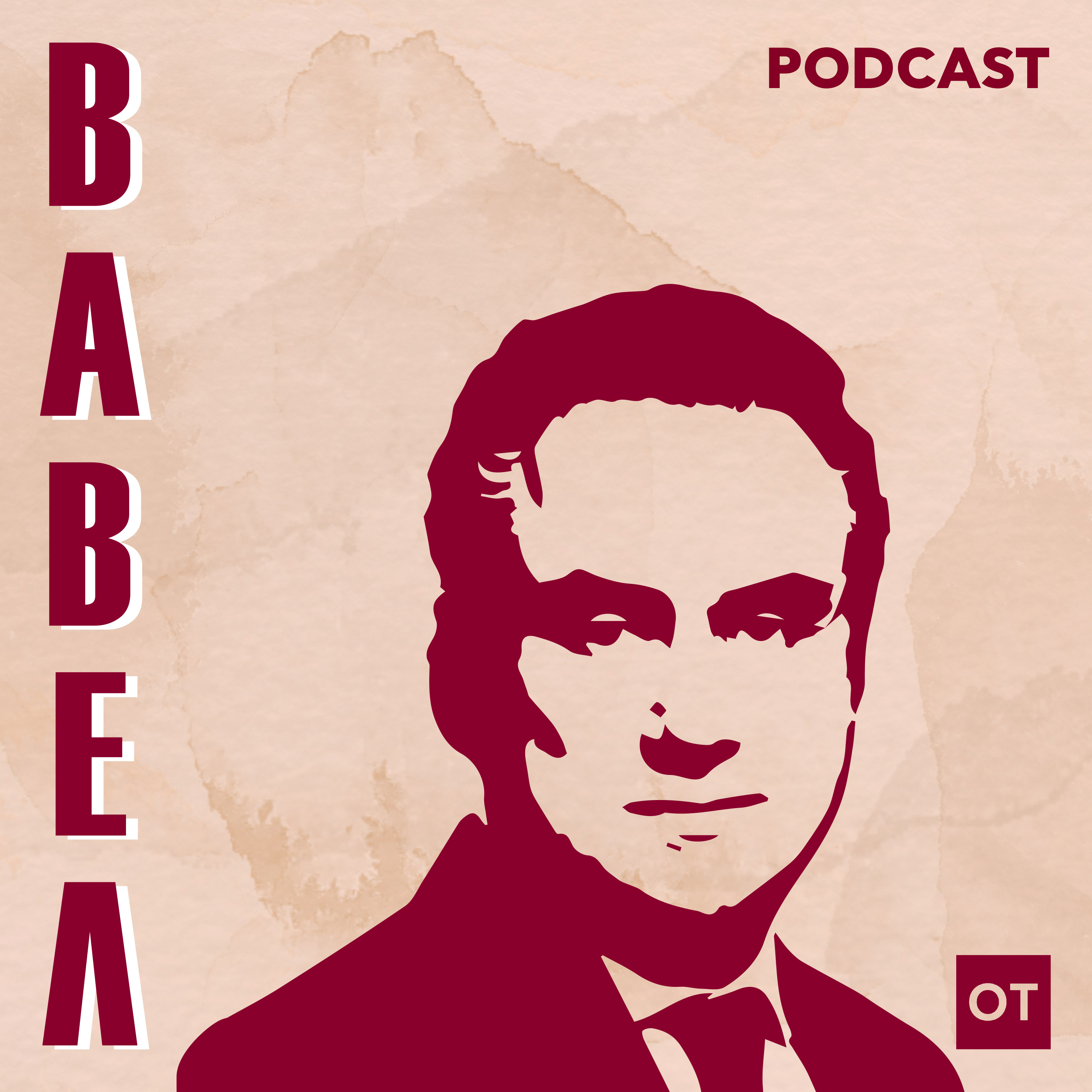![Foundation for Economic & Industrial Research : Up to 2.7 billion euros in GDP growth from occupational insurance [study]](https://www.ot.gr/wp-content/uploads/2021/06/asfalistiko.jpg)
The estimation that from the further development of the professional insurance will emerge new capital reserves in the 2nd pillar that can exceed 10% of the GDP in the long run and on an annual basis the turnover of the economy will be higher by up to 2.7 billion euros, expresses IOBE according with a study presented today in the context of an event of the Hellenic Association of Occupational Insurance Funds (EL.ETEA).
The study “Occupational Insurance in Greece: Challenges and Prospects” prepared by the Foundation for Economic and Industrial Research and presented by the Director General of IOBE and Professor of the Athens University of Economics Mr. Nikos Vettas and the Head of the Department of International Macroeconomics and Finance Giorgos Gatopoulos, describes the institution and the operation of the institution in our country compared to the international experience.
In addition, a holistic analysis of the institution during its 20 years of operation is carried out, while highlighting the significant potential benefits for the Greek economy.
At the same time, in view of the constraints and precepts that are obstacles to the development of the institution, the prospects of the 2nd pillar in the medium term are emphasized and targeted interventions are proposed to strengthen it, based on international best practices.
The proposed policy interventions address five main objectives:
– Ensuring the adequacy of pension benefits
– In the complementarity between the insurance pillars
– In the independence of the three pillars
– Improving the efficiency of the licensing and supervision regime of the Occupational Pension Institutions – Occupational Insurance Funds (IESP-TEA)
– Providing incentives for the development of occupational insurance.
The proposed policy measures focus on 4 axes:
– Strengthening the supervisory bodies through the consolidation or with the simultaneous establishment of a single entry point and simplification of the licensing procedures of the Occupational Insurance Funds.
– Interventions in matters of organization and operation of Occupational Insurance Funds to provide flexibility, including the easier establishment of multi-employer Occupational Pension Institutions – Occupational Insurance Funds
– Financial incentives for insured persons and employers to stimulate the institution of occupational insurance – as in accordance with international practice, the provision of tax incentives for lump-sum retirement benefits, but in combination with the application of universal, institutionalized limits.
Targeted extended interventions to stimulate complementarity under the three-pillar model, as well as to stimulate the domestic capital market.
Regarding the results of the macroeconomic analysis, they show that the development of the institution of occupational insurance in Greece can lead to the accumulation of significant investments and enhanced GDP. Part of these new investments are domestic investments that stimulate domestic demand, but mainly boost productivity.
Latest News

Five Private Isles in Greece Hit Market
While these offerings tantalize with the promise of exclusive ownership, the complexities of island ownership and development demands careful consideration and expertise

Elon Musk on ‘X’: ‘Greece Experiencing Population Collapse’
A presentation entitled "The Demographic Crisis and Greek Development" outlined some key points and challenges for Greece

Greek State Budget Surplus of €2.95bn in Q1
This is up from a target of 2.133 billion euros over the same period last yeat, and compared to a primary surplus of 3.079 billion in the corresponding quarter last year

Greek Hotel Market: Local Entrepreneurs Take Over as Funds Divest
Hotelier families from Rhodes and Crete are expanding their businesses, key players in the development of Greek tourism and hotel chains.

Greek Gov’t on Alert as Tensions Escalate in Middle East
Consequently, the anticipated meeting between Kyriakos Mitsotakis and Turkish President Recep Tayyip Erdoğan in early May carries added weight, extending beyond bilateral matters.

Turmoil in the Middle East: Global Oil Markets Brace for Impact
Domestically, considering the heightened demand for gasoline and diesel fuel due to increased travel activity expected during the forthcoming summer season, it is improbable that Greek market prices will remain unaffected.

Athens’ Tourist Flow Is Off to a Good Start. Hotel Bookings Say Otherwise
According to recent data from the Association, the average room rate in Athens in February 2024 was 92.58, a 3% increase from last year

Greece’s National Security Council to Hold Emergency Meeting
The National Security Council meeting will take place at 6 PM on Sunday at the Maximos Mansion under PM Mitsotakis

Top Ten Most Sought-out Jobs in Greece in Feb.
The latest data also show an 1,357 increase in job openings when compared to data from the same month in 2023

Greek FM on Relations With Turkey, Beleri Case, Gaza and Support for Ukraine
Minister George Gerapetritis addressed the 9th Delphi Forum on Friday






![ΔΕΣΦΑ: Αύξηση 30,91% της εγχώρια κατανάλωσης φυσικού αερίου το α’ τρίμηνο [γράφημα]](https://www.ot.gr/wp-content/uploads/2021/12/φυσικόαέριο-90x90.jpg)













![Fraport: «Απογειώθηκαν» τα ελληνικά αεροδρόμια τον Μάρτιο [πίνακας]](https://www.ot.gr/wp-content/uploads/2021/11/aeroplano-5-600x400-1-90x90.jpg)

![Αυτοκινητόδρομος Ε65: Αθήνα – Τρίκαλα σε 3 ώρες το Πάσχα [χάρτης]](https://www.ot.gr/wp-content/uploads/2024/04/E65_kentrikiodos.gr_-90x90.jpeg)





















